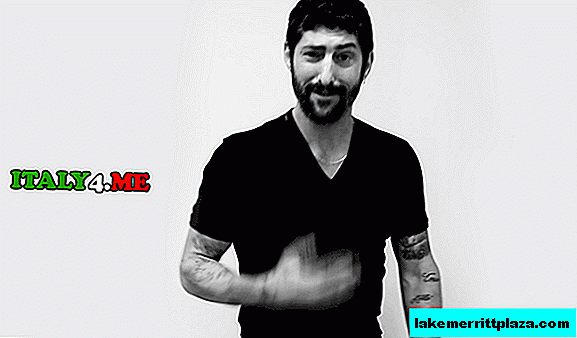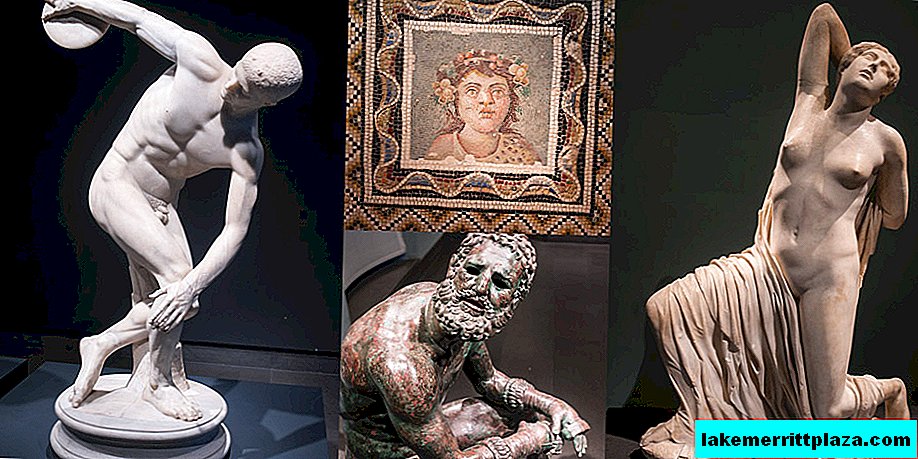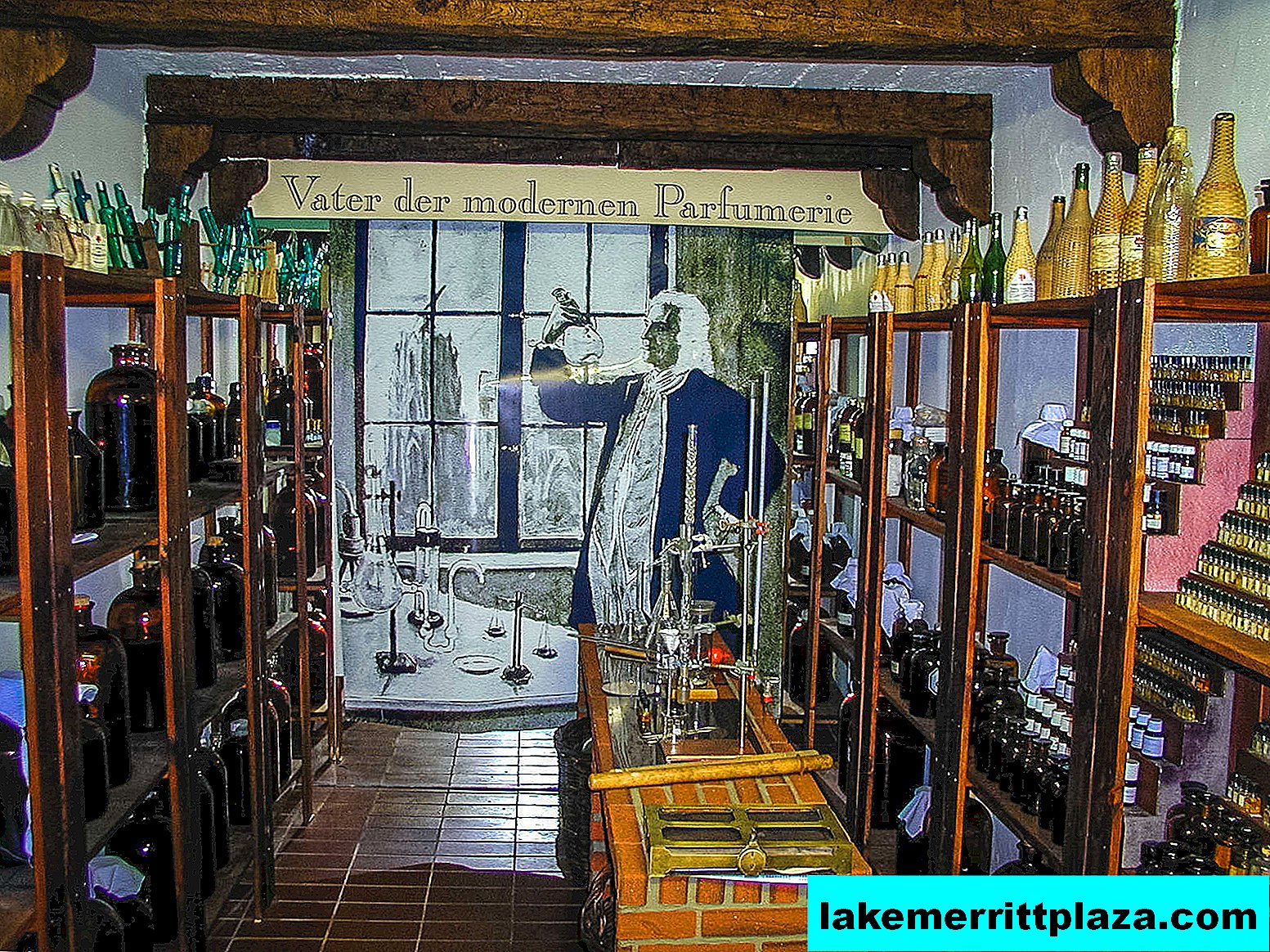The passion of Italians "speak hands" is known throughout the world. But as it turned out, many gestures contradict the language of the deaf-mute, which is used by thousands of people in the country. Therefore, the government is expected to draft a bill regulating the current situation.
The ability to "talk with hands" glorified Italians all over the world, along with pizza, pasta and espresso. Every day, Italians combine speech and gestures into a single information stream, in which hands play an equally important role than language. They themselves do not even realize this report, however, in the eyes of foreigners, this feature looks very curious. Although for some it will seem tedious: the special facial expressions and gestures made in Italy often conflict with the classical gestures of deaf and hard of hearing people who are unable to use their voice in communication.

An inexperienced person can easily confuse simple daily Italian gestures with the language used by people with hearing problems. However, the latter insist on recognition at the state level of the differences between Italian Sign Language (Lingua dei segni italiana (Lis)) and simple gestures. They assure that it is necessary to establish a "sign language" that will have a special status and not be likened to the swift gestures used by Italians without any reason.
University of Roma Tre psychology professor Isabella Poggi found in her study that Italians use a total of 250 different hand movements.
In an interview with the BBC, she explained: “We adopted the sign language from the Greeks. When they arrived in southern Italy and colonized Naples, they used this practice to speak and remain unheard of. At the same time, sign language began to supplement oral speech.”
Italian expressive gestures became a subject of study not only for Italians themselves, but also aroused interest abroad.  What is worth only a detailed study on the topic, published not so long ago in the New York Times. The first book in this area was "Ancient facial expressions of Neapolitan gestures", published in 1832 by Canon Andrea de Jorio. Subsequently, it served as the material for the creation of the 1958 Gesture Dictionary.
What is worth only a detailed study on the topic, published not so long ago in the New York Times. The first book in this area was "Ancient facial expressions of Neapolitan gestures", published in 1832 by Canon Andrea de Jorio. Subsequently, it served as the material for the creation of the 1958 Gesture Dictionary.
Nevertheless, the deaf-mute society is skeptical of such studies and wonders what role sign language has played in Italian history. Moreover, there has long been a movement advocating the adoption of a law recognizing the Italian language of signs. For example, in 2001, activists of the movement protested for two days in front of the parliament building so that sign language would receive equal rights with oral speech, and thus deaf and hard of hearing people could participate on equal terms in society.








